Stop giving money to street children, beggars – Gender Minister
- Posted on
- Comment
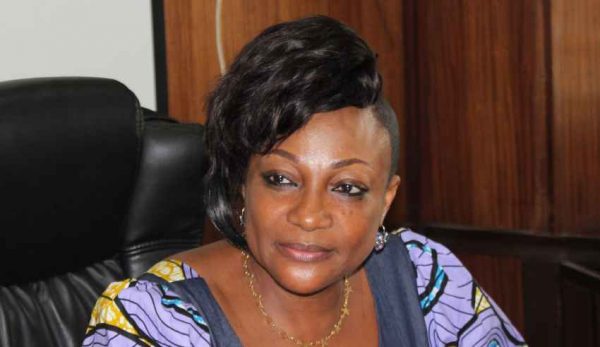 The Minister of Gender, Children and Social Protection, Miss Otiko Afisa Djaba, has urged the Ghanaian public to cooperate with the ministry to achieve the goals of its Operation Get off the Street project.
The Minister of Gender, Children and Social Protection, Miss Otiko Afisa Djaba, has urged the Ghanaian public to cooperate with the ministry to achieve the goals of its Operation Get off the Street project.
She said in so doing, it was necessary for the public to stop giving money to street children and beggars in order to discourage the children and beggars from staying on the streets.
At a stakeholders meeting in Accra, she said halting the act giving to beggars would also help the ministry achieve the Operation Get off the Street project, which sought to provide a better living for street children while they were off the street.
“Stop giving street children and beggars money. If you do not give them it will discourage them and they will not come back,” she said.
The meeting brought together officials from the Department of Social Welfare, the Statistical Service, MMDAs, Mental Health Authority, NADMO, religious leaders, non-governmental organisations and the Ministry of Gender Children and Social Protection to discuss questionnaires that would be used to collect the data on street children.
The stakeholders also deliberated on key strategies to get children off the streets.
Focus of project
According to Miss Djaba, the Operation Get off the Street project would focus on identifying and delivering a core set of basic services that had the potential of securing the reintegration of persons on the street into the society.
She said there would be the strengthening of policies that addressed the causes of streetism and the development of mechanisms for coordination of activities involved in delivery of services to persons on the street including advocacy activities to lobby support for addressing the phenomenon.
Miss Djaba said the ministry would sensitise parents and guardians to take responsibility for children under their care and not view the streets as an income-earning source, adding that the ministry would also empower the families from which the children came from with the Livelihood Empowerment Against Poverty (LEAP) and other social interventions.
“We will link them to the various social protection programmes including the LEAP Programme, the National Health Insurance Scheme, Ghana School Feeding Programme, Free SHS package, Council for Technical and Vocational Education and Training (COTVET), and Youth Enterprise Support,” she added.
Hotspots
She said the operation would also target all the hotspots to be able to get the data of the children.
There were 345 hotspots in Accra where the children were mostly stationed.
Miss Djaba urged all stakeholders, religious bodies and traditional leaders to support the ministry’s effort to get children off the street, adding: “We are not saying be stingy, but rather help us get them off the streets.”
The Director at the Department of Social Welfare under the Ministry of Gender, Children and Social Protection, Mr Gbeawu Daniel Nonah, said the unit would also contact the Mental Health Authority to help bring the mentally disabled to the appropriate mental health centres.
-Graphic
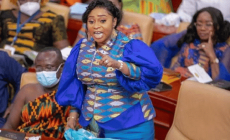
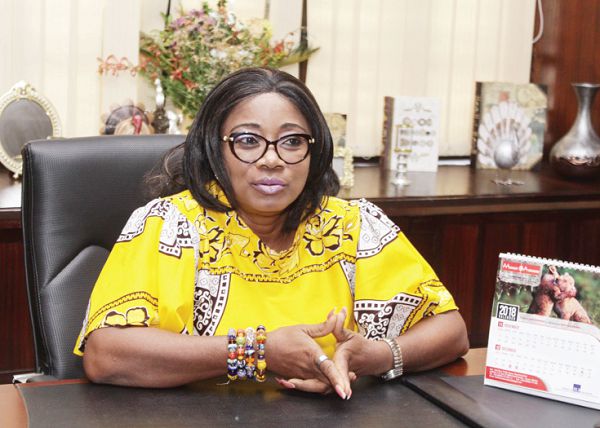
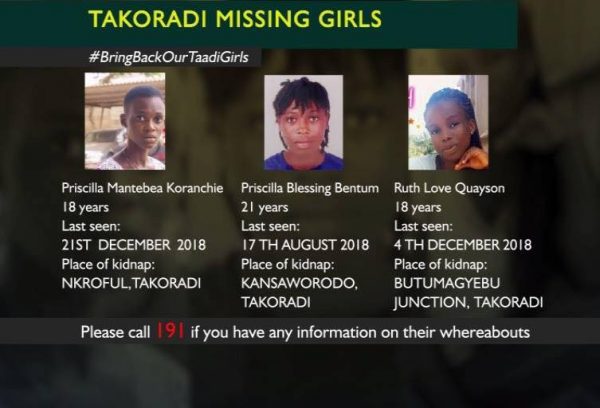
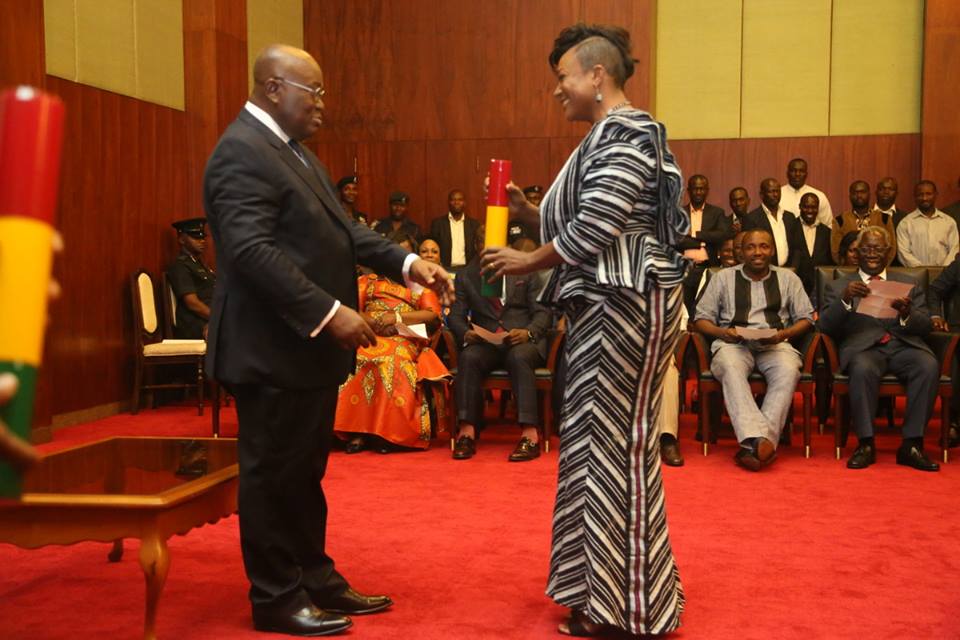






 (Selorm) |
(Selorm) |  (Nana Kwesi)
(Nana Kwesi)